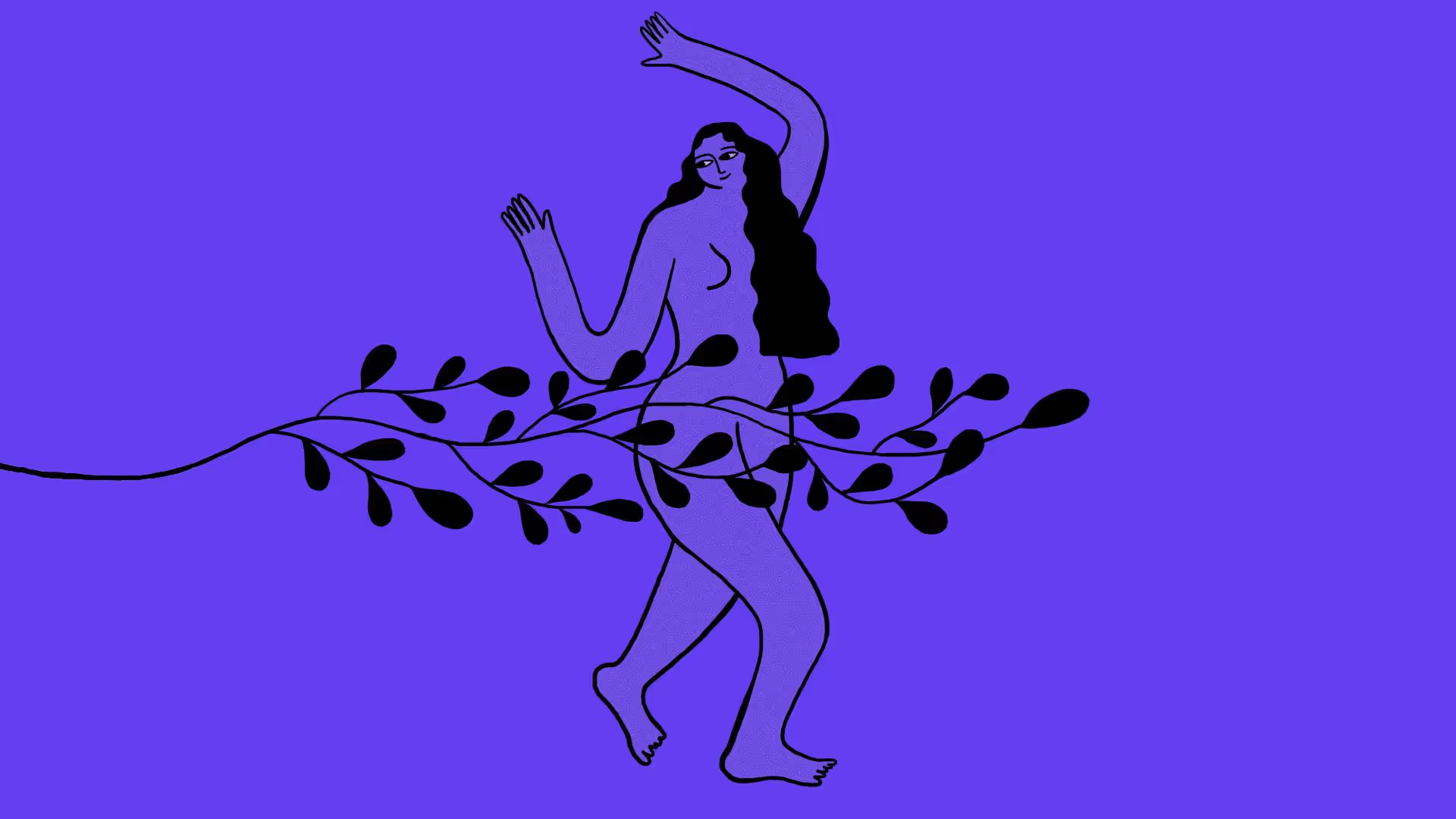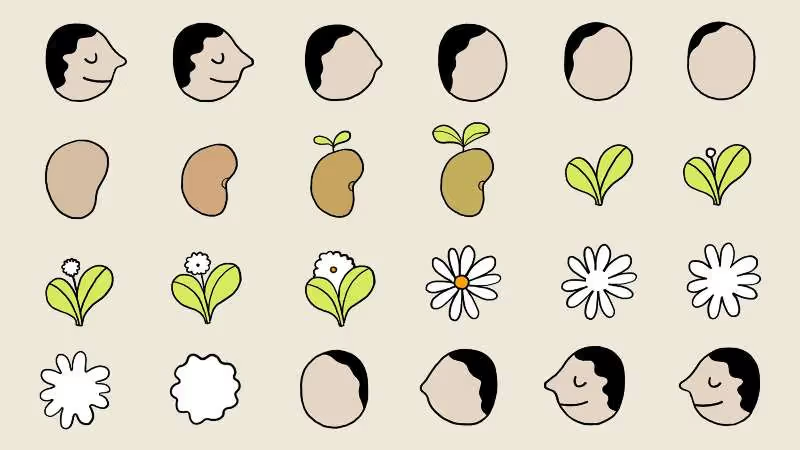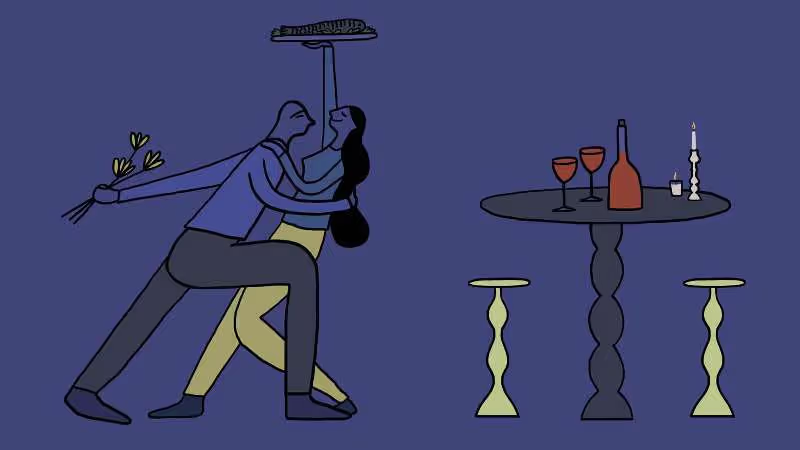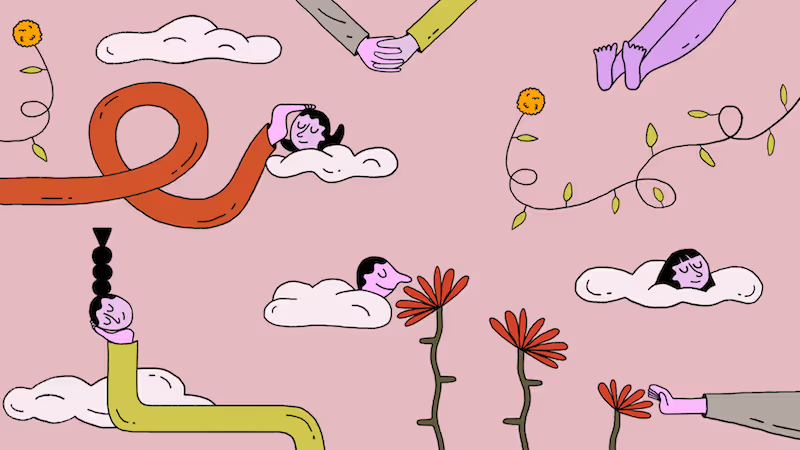My monthly newsletter and workshop is meant to inspire you to reflect, act, and develop greater confidence and relational intelligence in all of your relationships. This month's theme is: Eroticism in Hard Times.
Shall We Begin?
From the pandemic to climate crisis to crimes against humanity, severe burnout, and more, we are living through collective trauma. Our impulse may be to shut down, numb ourselves with substances, disconnect, sleep forever, wallow in the 24 hour news cycle, or stuff every free moment with social media to avoid difficult thoughts and feelings. But today, I invite you to try something different. I want to you embrace your Erotic self. You may think that talking about Eroticism at a time like this is hubris. But I think it is essential.
Eroticism. I speak of it often—not through the narrow definition of sex that modernity has assigned to it—but in the mystical sense. “Eroticism reveals to us another world, inside this world,” Octavio Paz wrote. “The senses become servants to our imagination, letting us see the invisible and hear the inaudible.” Eroticism is an elixir of vibrancy, curiosity, and spontaneity that makes us feel alive. It is the counterforce of deadness, a radiance that reminds us that, despite any darkness we may endure, we are here on this planet right now. And, at all times, we are on the edge of all that is possible, straddling hope and anxiety.
Eroticism isn’t just the life force that makes sex great. Eroticism is what makes life itself worth living. When times are good, Eroticism is what converts the mundane into magic. When times are tough, Eroticism is what inspires us to survive—and even to thrive—despite all odds. It is why we make art and music and go into nature when we are in pain. It is the orchestras in the concentration camps, the choirs in the cotton fields, the dark humor shared by refugees all around the globe. Eroticism is the blues. It is both the letters of longing and the poetry of heartbreak. It’s the playlist we make for a friend working graveyard shifts at the hospital. Eroticism is every “pandemic baby” conceived at the height of prolonged uncertainty, isolation, and grief. It is the spirit that creates new life when death is ever-present. Eroticism is having faith that the world will exist for our grandchildren and finding real ways to contribute to that outcome—even as apocalyptic scenarios seem to play out around us.
I was raised by a mother and father who were each the sole survivors of families who had been killed in the holocaust. I grew up on stories of resilience in the face of extreme adversity and I have spent my life studying what helps people to come back to life rather than just “not be dead.” I believe it is Eroticism—as has been described in the Zohar, by Audre Lorde, and by many others. Growing up, I played with friends—fellow children of survivors—whose homes seemed defined by suffering, distrust, and vigilance. Their parents sheathed the furniture in plastic, felt safer inside, and kept their circles small. In my house, sadness was designated for rituals on religious holidays. At all other times, there was a ban on sad feelings in a nearly oppressive way, probably because my parents feared sinking into depression due to the insurmountable grief they had suffered. I longed for permission to feel both pleasure and pain, to allow hope to balance my anxiety rather than repress it. In embracing the study of Eroticism twenty years ago, I found that permission.
Don’t think of Eroticism as a hedonistic distraction from the state of the world. Eroticism is the life force that keeps us connected to our sense of humanity, hope, and pleasure—especially when we are in pain. It confirms: I exist. I’m alive. I have a family. I have a name. Someone knows me. I have a capacity to create, to entertain, to help, to connect with others. This, too, is the reality of our world.
Let’s Turn the Lens on You
In times of despair and grief, where have you found hope?
- Move away from the screen.
- Put your feet in the grass and uncurl your toes.
- Hum, sing, write, cry.
- Explore the love poetry that has been written during war, famine, and plague.
- Play with children.
- Play with animals.
- Grow plants and observe what they like.
- Turn yourself on by noticing the warmth of your skin, the cycle of your breath, the steady beat of your heart.
Let's continue the conversation.
Watch the replay of the Letters From Esther Workshop: The Importance of Eroticism in Hard Times.
More From Esther
“How Erotic Thinking Helps Emotional Connection” / a blog article
Eroticism is a state of being, but it’s also a state of mind. In this blog article, we explore how to embrace Erotic Thinking and make it part of our daily lives.
“Why Eroticism Should Be Part of Your Self-Care Plan” / a blog article
We tend to think of eroticism as a sexual state shared by two or more people, but it’s so much more than sex—and it starts with the individual.
“A Romantic Revival” / a podcast episode
In this episode of “Where Should We Begin?,” a couple whose marriage has been colored by loss, grief, and sadness longs to transition from surviving to thriving.
Conversation Starters
A compendium of highly recommended sources of inspiration and information
On My To Read List:
- In The Country of Others, a book by Leila Slimani
- The Tiger's Wife, a book by Téa Obreht
- The Distance Cure, a new book by Hannah Zeavin
I’m Watching/Listening:
- The Leopard, a film by Luchino Visconti
- Dr. Bessel van der Kolk on The Ezra Klein Show
- Power, Progress, and Generative Conflict with Regina Smith & Dr. Amanda Aguilera








.svg)





